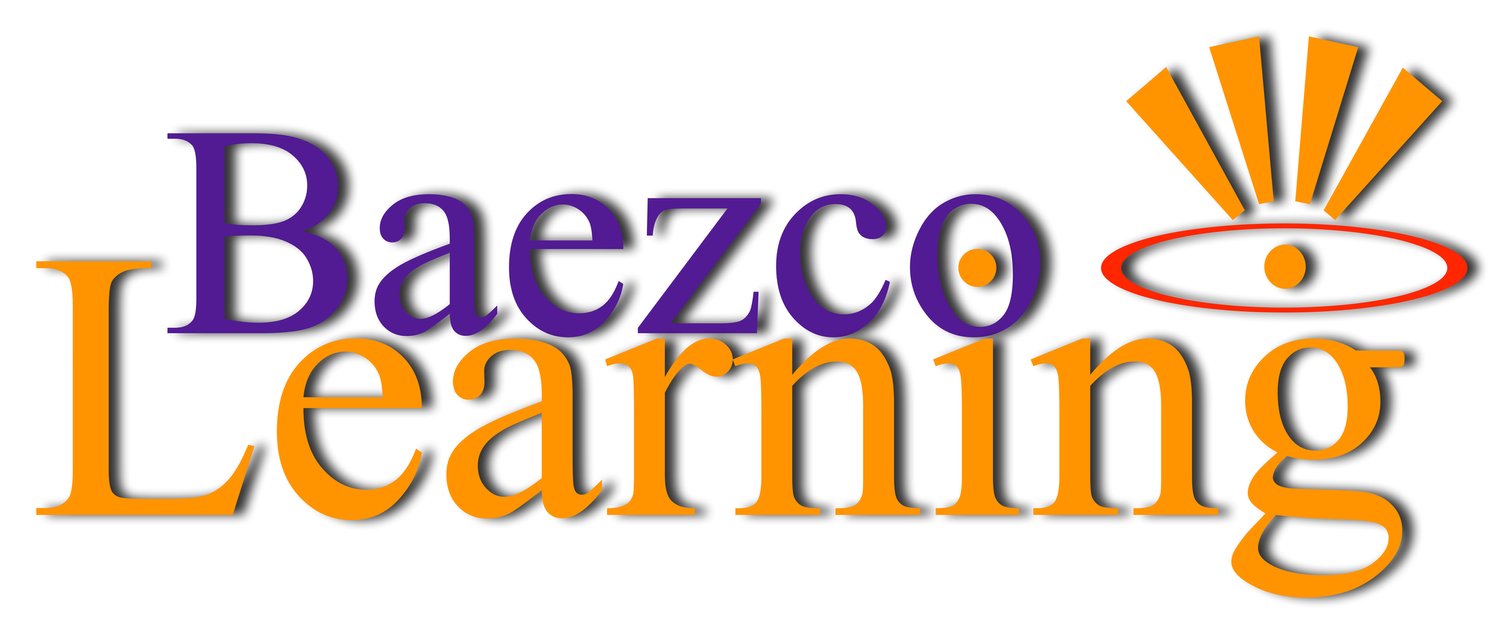Employee Relations. As long as businesses have one employee working with another, they will need an HR expert to help mitigate issues. It’s not a question of “if” an issue is going to arise, its a question of “when.” That’s why building and maintaining strong employee relationships is crucial to fostering a positive work environment, increasing employee engagement, and ultimately driving organizational success. The importance of investing in employee relations goes beyond good practices to become a strategic imperative.
Creating a positive work environment
An atmosphere of trust, mutual respect, and open communication is created in a workplace with healthy employee relations. Employees who feel valued and supported are more likely to be loyal to the company. Positive workplace environments increase productivity and reduce employee turnover by cultivating greater levels of job satisfaction. A well crafted culture of trust will yield invaluable results.
Enhancing employee engagement
Employees who are engaged in their work are more committed to their work and are more enthusiastic about achieving the organization's goals. Initiating regular feedback sessions, recognition programs, and career growth opportunities, employees feel a sense of ownership and motivation. This is ONLY achieved if everyone in the organization, from the CEO to the intern, live by the cultural beliefs of the organization.
Dispute Resolution and Mediation
Conflicts and disagreements are inevitable in any workplace. The ability of an organization to resolve conflicts fairly and promptly is key to employee relations. Maintaining a harmonious work environment, minimizing productivity losses, and preventing escalation are all benefits of a well-established conflict resolution process. As HR professionals, our role is crucial in resolving conflicts and making sure all parties feel heard and understood.
Communication that works
Strong employee relations begin with clear, transparent communication. The use of regular communication channels, including team meetings, newsletters, and digital platforms, facilitates the sharing of information, organizational updates, and company-wide announcements. By communicating transparently with employees, you build trust, reduce uncertainty, and align them with the organization's goals.
Improving employee well-being
An employee's relationship goes beyond their professional performance and includes their overall well-being as well. Work-life balance initiatives and wellness programs, as well as culture of support, demonstrate an organization's commitment to its workforce's holistic development and satisfaction. The more employees feel cared for, the happier, healthier, and more productive they are.
Building a strong organizational culture
Efforts to improve employee relations significantly affect an organization’s culture. In addition to attracting top talent, a supportive, inclusive, and inclusive culture enhances employee retention and builds employer branding. A culture of trust, collaboration, and continuous improvement fosters individual and organizational growth, reducing employee turnover.
Lastly, In order to manage true human resources issues effectively, it is essential to invest in strong a employee relations initiative. In addition to increased productivity, higher employee engagement, lower turnover, and a vibrant organizational culture, organizations that prioritize building positive relationships with their employees reap numerous benefits.
With over two decades of HR expertise under his belt, Ricky has made a name for himself as a published professional who knows how to strategically align HR competencies with business goals. But what sets him apart is his refreshing, down-to-earth approach that resonates with everyone from executives to front-line staff. Ricky understands that the "H" in HR is more than just a letter—it's the heart of any successful organization. By forging strong partnerships and creating a fun, vibrant learning environment, he helps companies minimize legal risk while maximizing employee engagement and satisfaction. As a proud four-year veteran of the United States Marine Corps, Ricky knows a thing or two about leadership and teamwork. He leverages that experience to guide business leaders from "here" to "there" using talent management, training and development, and leadership coaching strategies that deliver real, measurable results. But Ricky isn't just a seasoned practitioner—he's also an accomplished educator. As a faculty member for the Master of Human Resources program at Rollins College in Winter Park, FL, he shares his passion for HR with the next generation of professionals.


